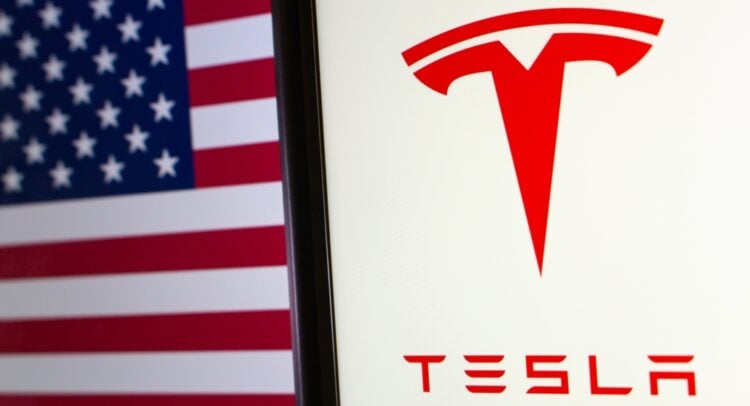Electric vehicle (EV) giant Tesla (TSLA) has increased lease prices across all its EV models in the U.S. following the expiration of the federal $7,500 EV tax credit on September 30. Updated figures on Tesla’s website show higher lease costs as the tax incentive ended. Tesla’s Q3 deliveries are due to be released tomorrow, and analysts expect them to exceed expectations since some buyers may have accelerated purchases ahead of the credit’s expiration.
Elevate Your Investing Strategy:
- Take advantage of TipRanks Premium at 55% off! Unlock powerful investing tools, advanced data, and expert analyst insights to help you invest with confidence.
The federal tax credit was an essential catalyst of EV adoption in the U.S., helping boost sales of both new and used EVs. Under the program, users could claim a $7,500 credit on purchases of new EVs and $4,000 credit for used EVs. However, these tax credits were put to an end due to a sweeping legislation passed by Congress earlier this year.
Expiry of Credits Could Pressure EV Demand
Tesla and other American EV manufacturers were using the tax incentives to offer attractive lease prices to customers. With their removal, the monthly lease for Tesla’s top-selling Model Y has risen to a range of $529 to $599, up from the previous $479 to $529.
Meanwhile, lease rates for Model 3 have increased to a range of $429 to $759 per month, up from the previous $349 to $699. EV executives and analysts have warned that ending these credits could hurt EV sales. Vehicle purchase prices, however, remain unchanged.
Interestingly, Tesla rivals General Motors (GM) and Ford (F) are reportedly trying to extend the use of the $7,500 EV lease credits.
Tesla Faces Market Share Declines
Demand for EVs has started to slow after years of rapid growth seen earlier in the decade. Tesla has seen its EV sales decline globally due to increased competition from local rivals, a heated price war, and backlash from CEO Elon Musk’s political engagements.
According to data from Cox Automotive, Tesla’s U.S. market share fell to its lowest point in nearly eight years this August, as buyers increasingly opted for competing EV brands. Once dominating over 80% of the U.S. EV market, Tesla’s share accounted for just 38% of total sales in August based on early data.
Is Tesla Stock a Buy, Hold, or Sell?
Analysts remain cautious about Tesla’s long-term outlook. On TipRanks, TSLA stock has a Hold consensus rating based on 15 Buys, 12 Holds, and eight Sell ratings. The average Tesla price target of $346.57 implies 22.1% downside potential from current levels. Year-to-date, TSLA stock has gained more than 10%.

















